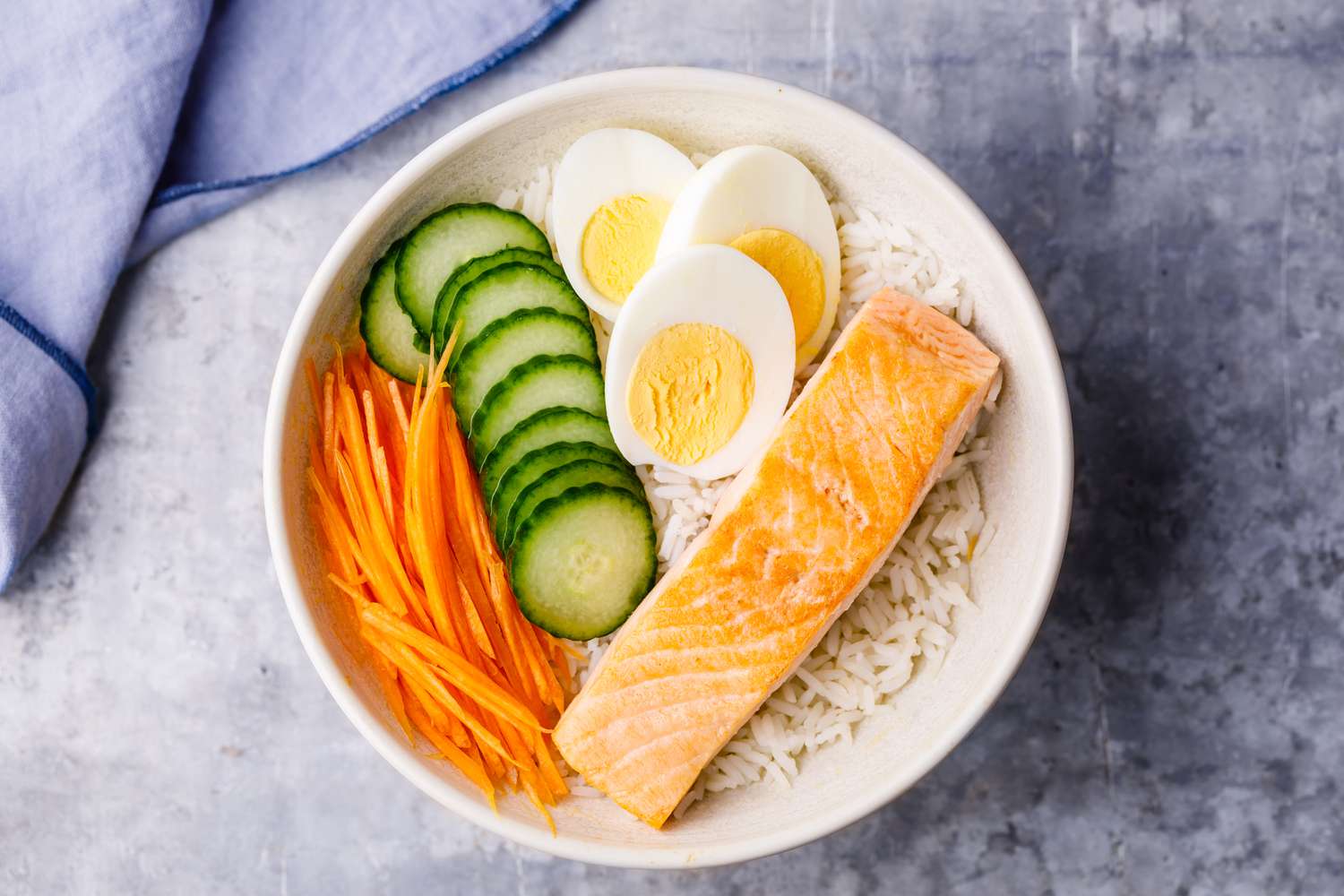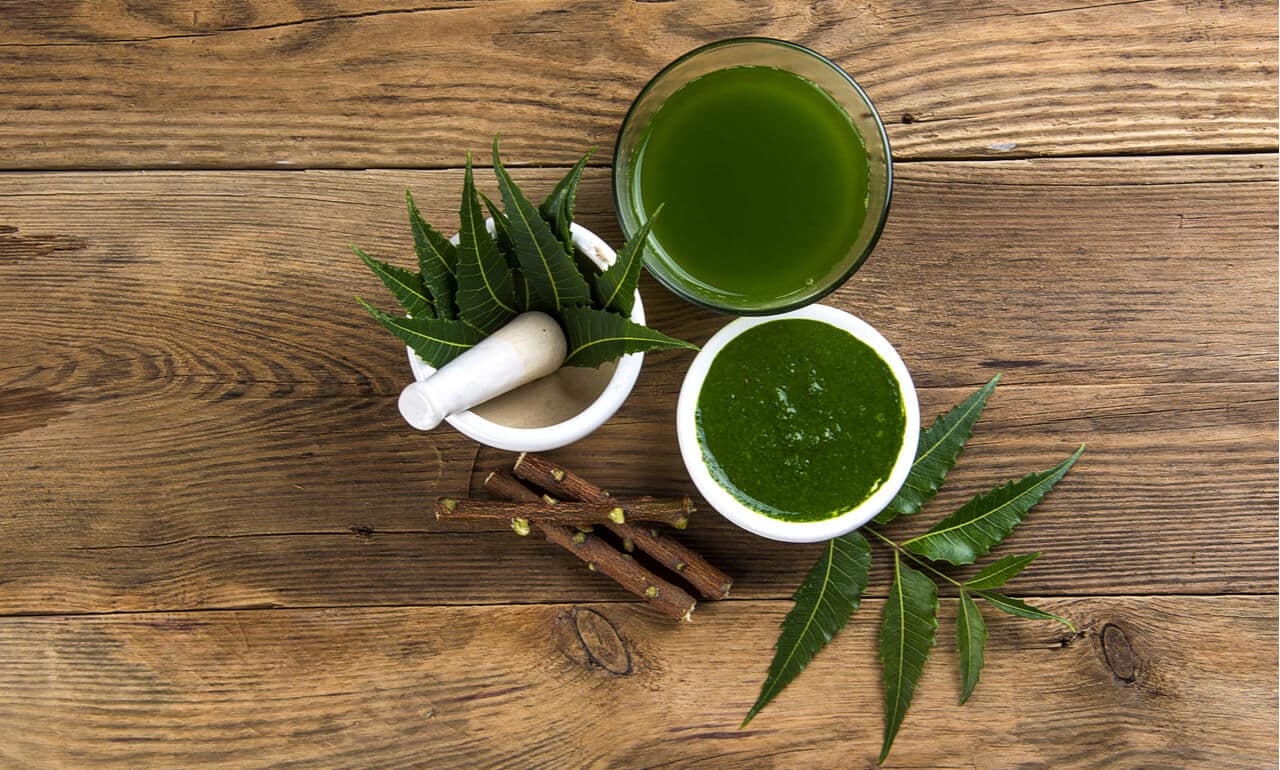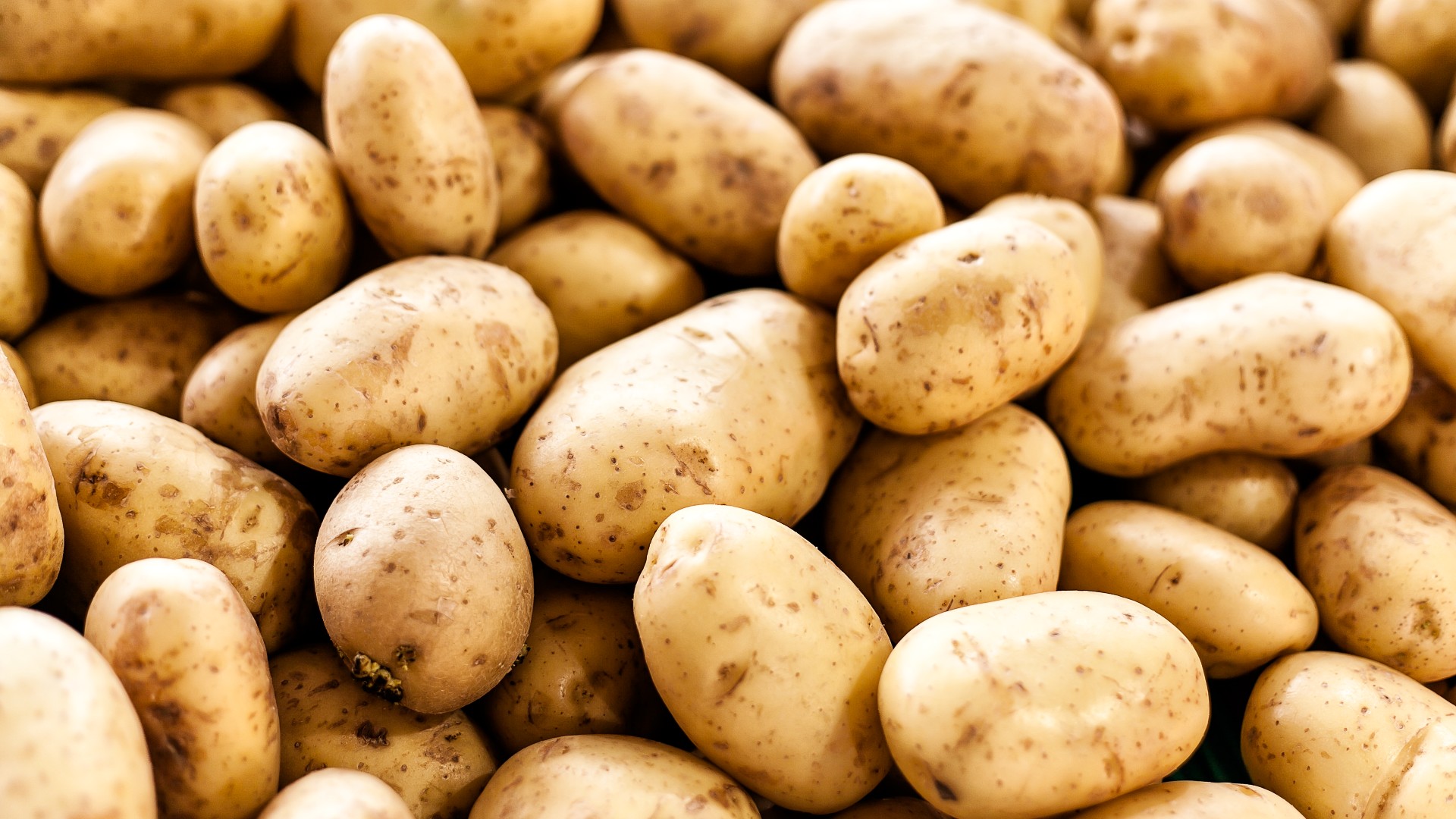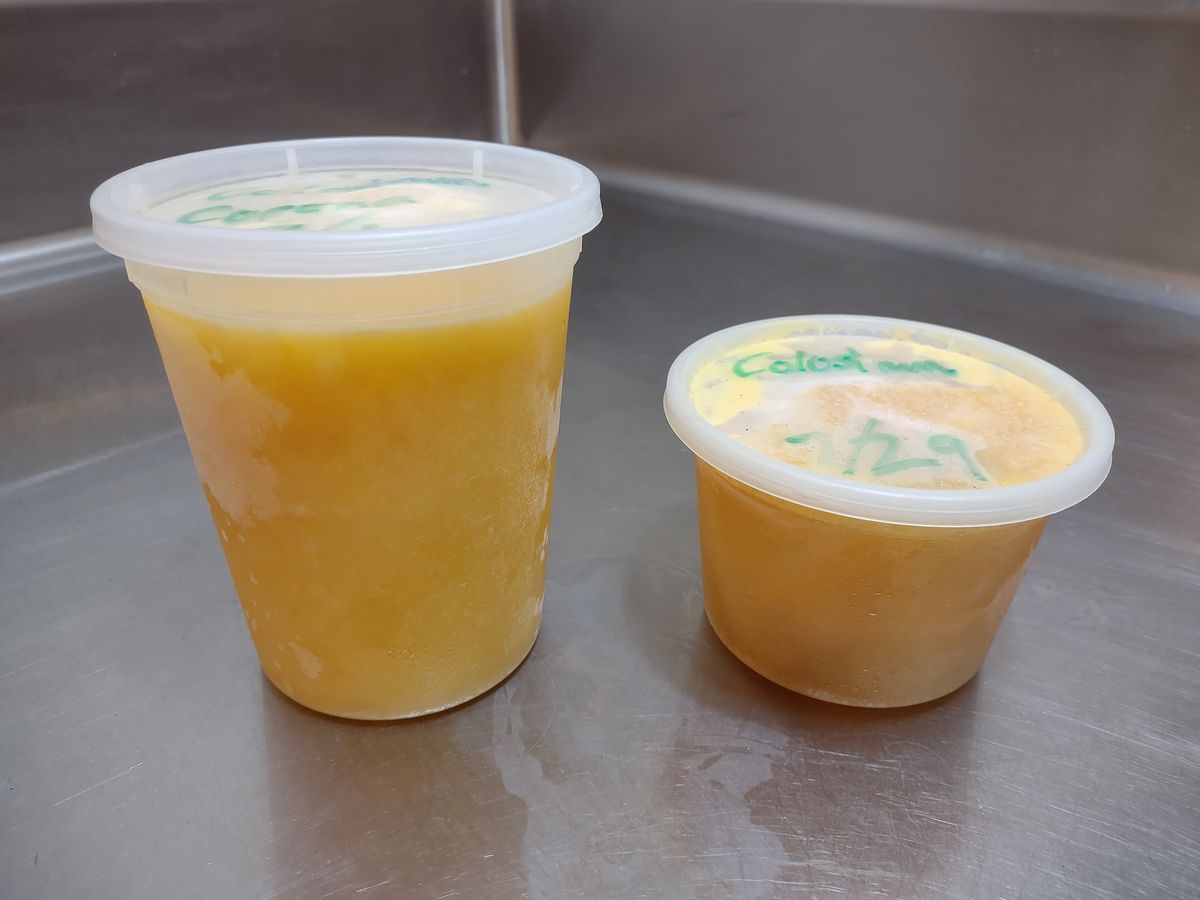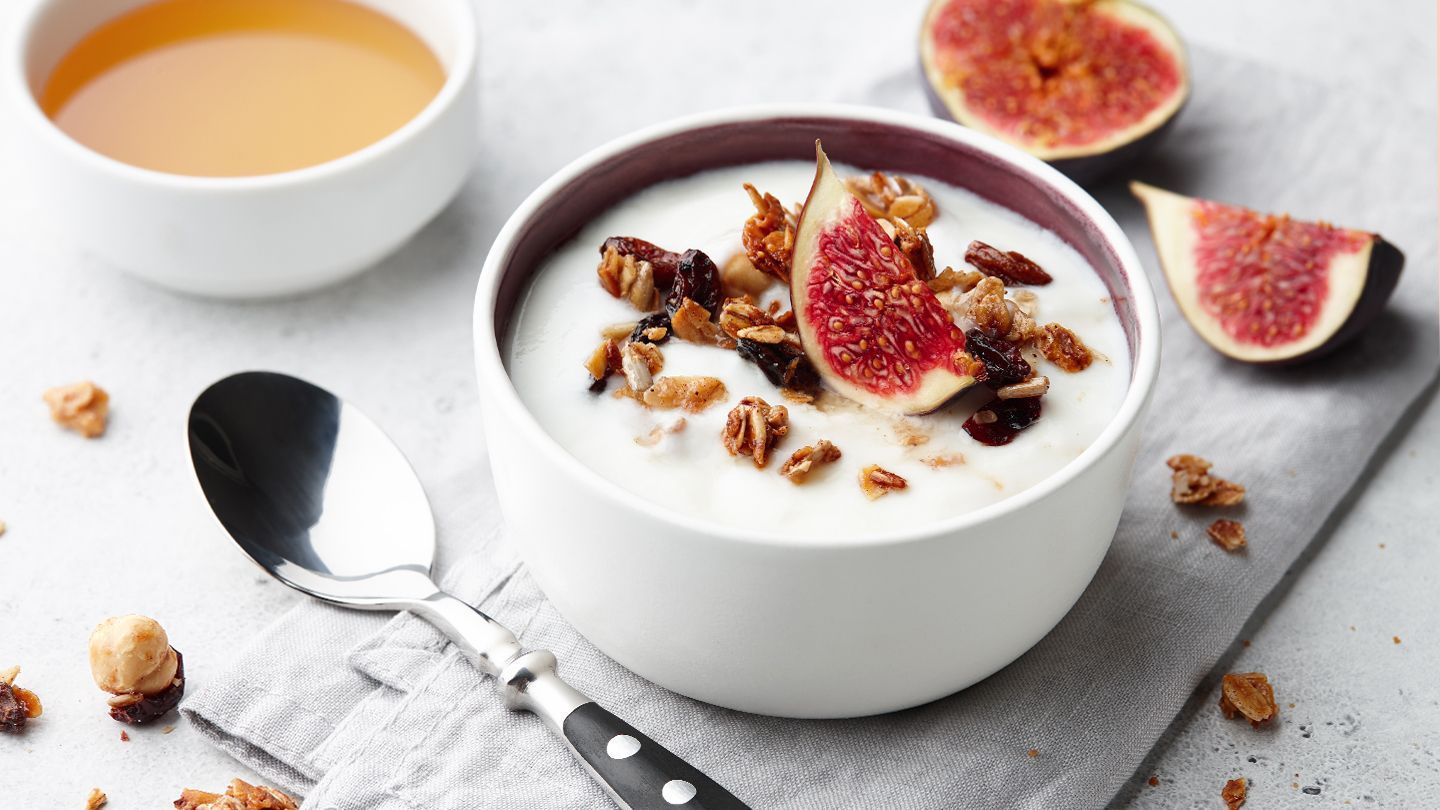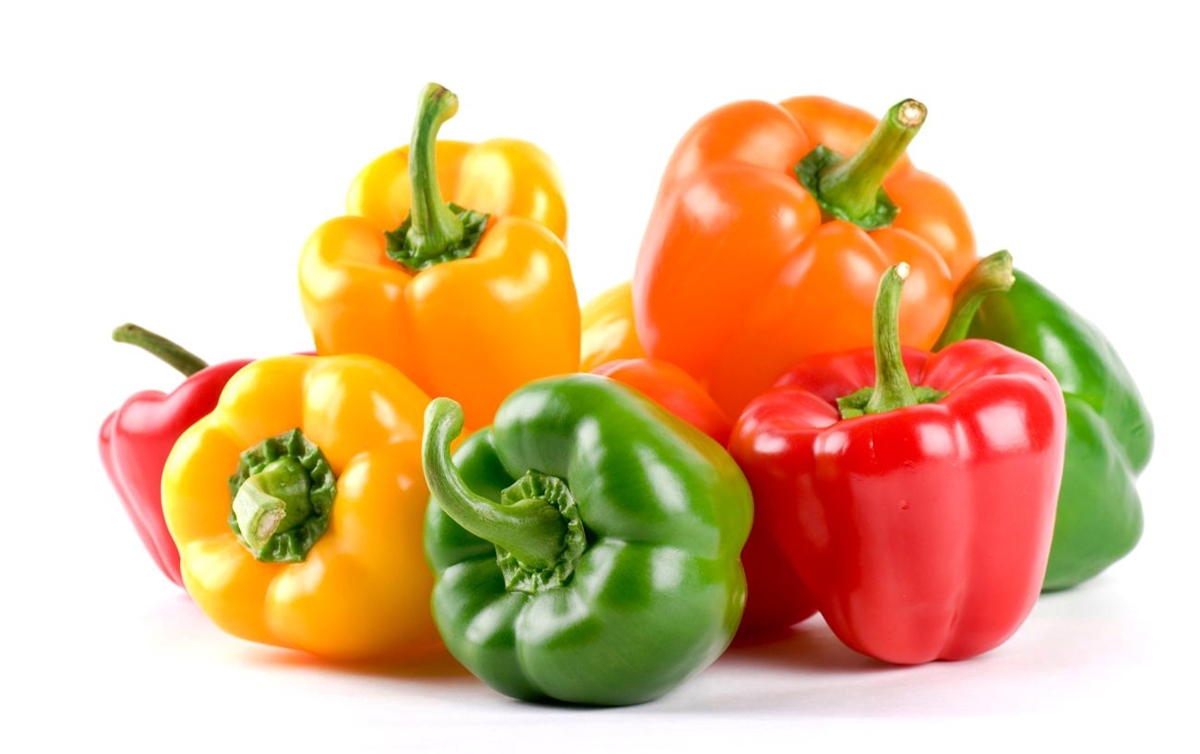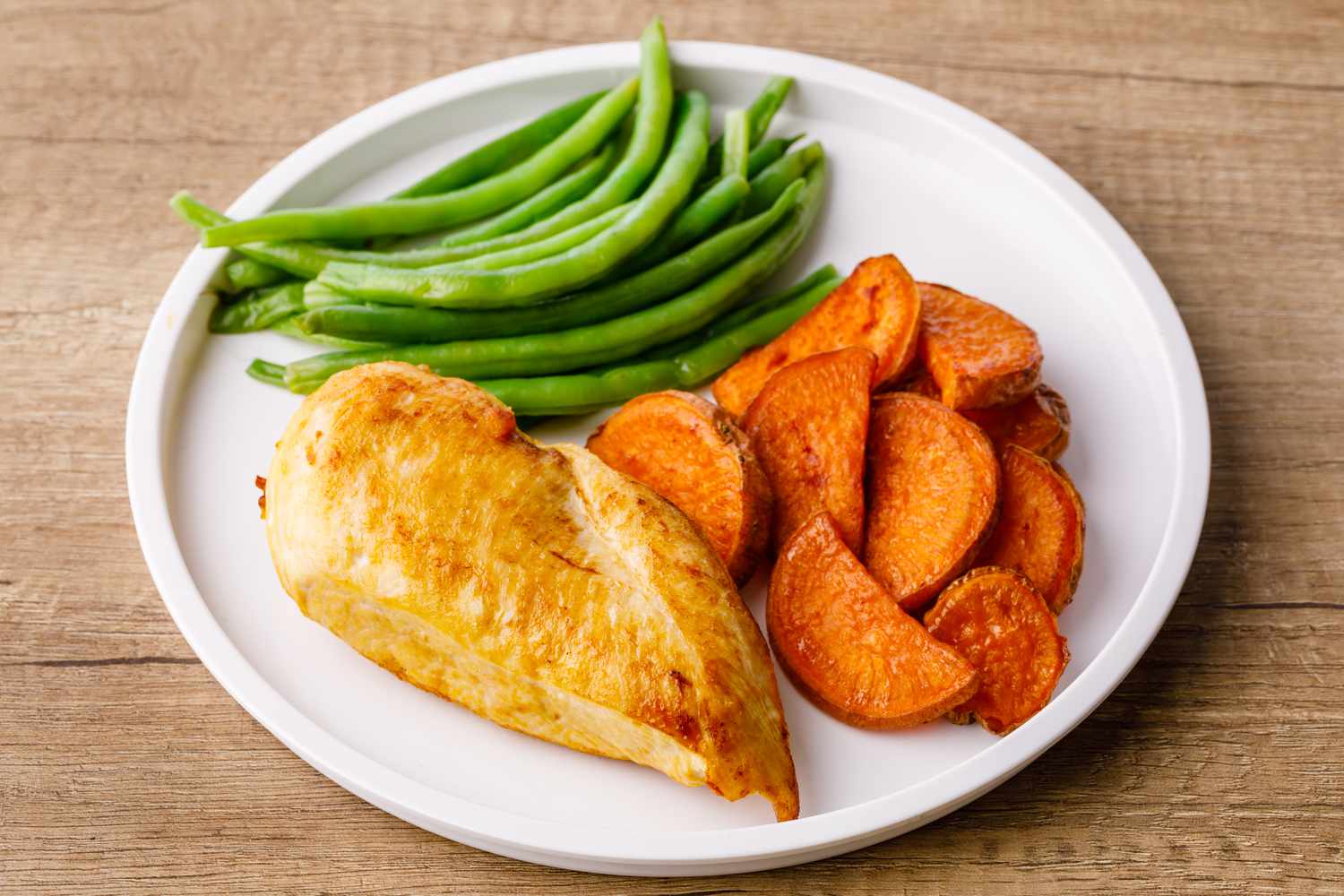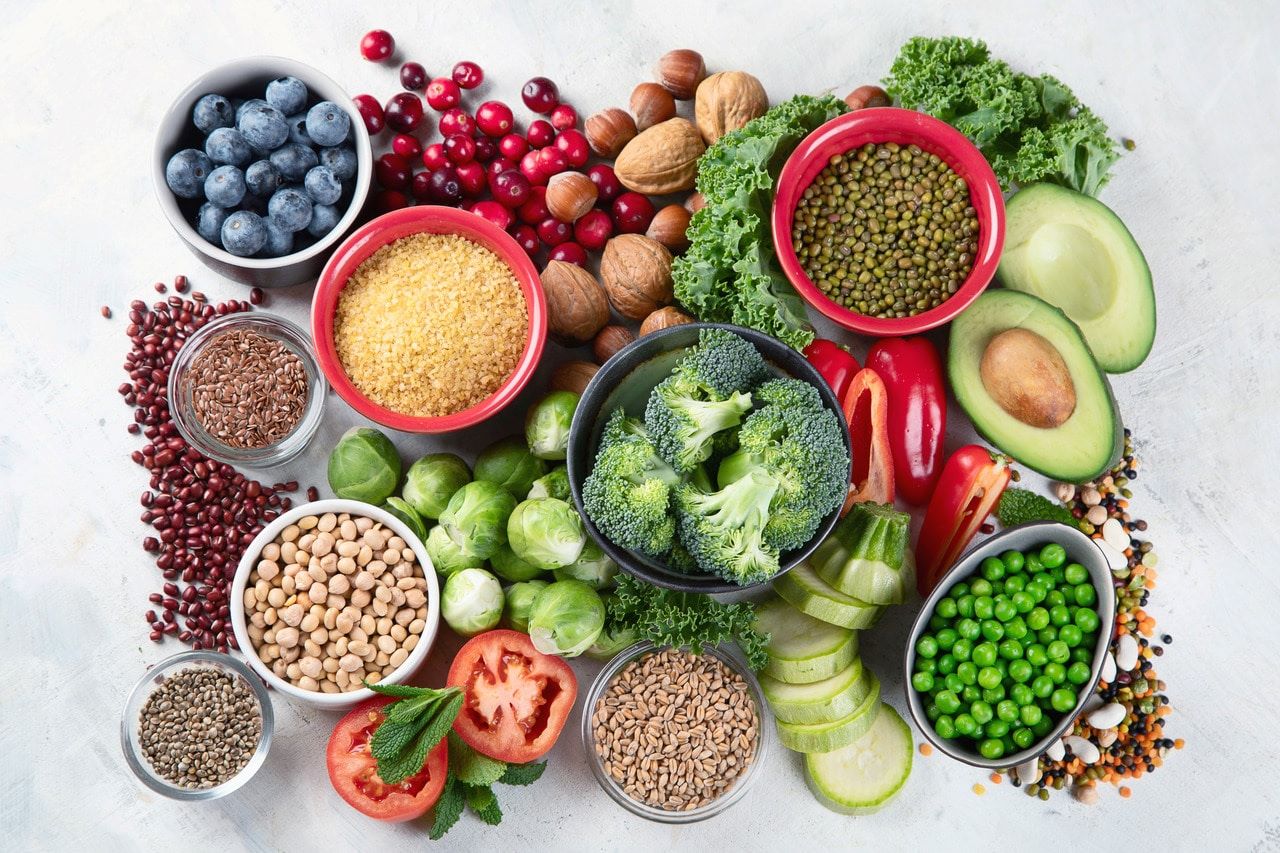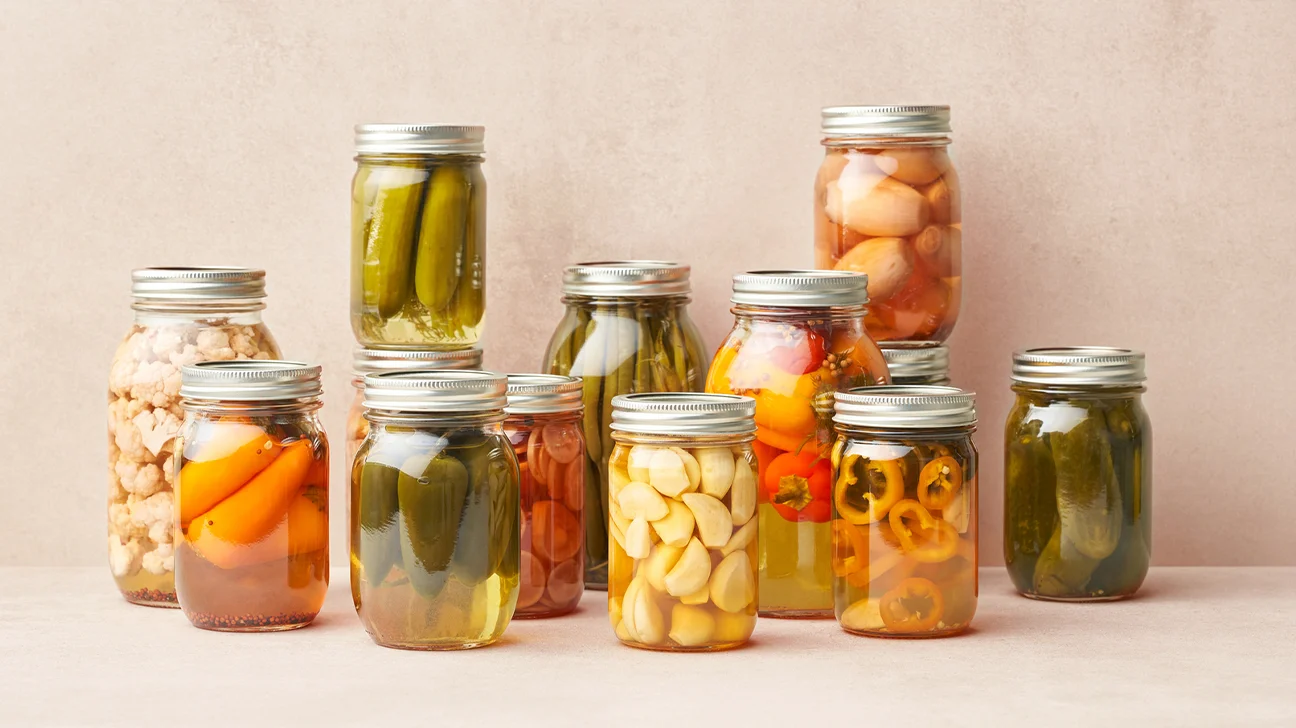Cooking for digestive wellness and gut health means choosing ingredients and methods that support your digestive system. A healthy gut can improve overall well-being, boost immunity, and even enhance mood. Focus on whole foods like fruits, vegetables, whole grains, and lean proteins. Fermented foods like yogurt, kimchi, and sauerkraut introduce beneficial bacteria to your gut. Avoid processed foods, excessive sugar, and unhealthy fats. Simple cooking techniques like steaming, grilling, and baking help retain nutrients. By making mindful choices in the kitchen, you can create meals that not only taste great but also promote a healthy digestive system.
Essential Ingredients for Your Gut-Healthy Meal
Ingredients for Digestive Wellness and Gut Health
-
Probiotic-Rich Foods
- Yogurt (unsweetened)
- Kefir
- Sauerkraut
- Kimchi
- Miso
- Tempeh
-
Prebiotic Foods
- Garlic
- Onions
- Leeks
- Asparagus
- Bananas
- Oats
- Apples
-
High-Fiber Foods
- Lentils
- Chickpeas
- Black beans
- Chia seeds
- Flaxseeds
- Quinoa
- Brown rice
-
Fermented Foods
- Pickles (fermented in brine)
- Kombucha
- Natto
-
Hydration
- Water
- Herbal teas (ginger, peppermint)
-
Healthy Fats
- Avocado
- Olive oil
- Nuts (almonds, walnuts)
- Seeds (pumpkin, sunflower)
-
Digestive Herbs and Spices
- Ginger
- Turmeric
- Fennel
- Peppermint
-
Low-FODMAP Vegetables
- Carrots
- Zucchini
- Spinach
- Bell peppers
-
Lean Proteins
- Chicken breast
- Turkey
- Fish (salmon, mackerel)
-
Bone Broth
- Chicken bone broth
- Beef bone broth
Must-Have Kitchen Tools for Crafting Your Dish
-
High-Speed Blender
- Essential for making smooth, fiber-rich smoothies that support gut health.
-
Food Processor
- Ideal for chopping and preparing vegetables for gut-friendly meals.
-
Fermentation Crock or Jars
- Necessary for creating probiotic-rich foods like sauerkraut and kimchi.
-
Quality Chef’s Knife
- A sharp knife makes prepping vegetables, fruits, and other whole foods easier.
-
Cutting Board
- Provides a safe, clean surface for food preparation.
-
Steamer Basket
- Steaming vegetables preserves nutrients and makes them easier to digest.
-
Spatulas and Wooden Spoons
- Non-abrasive tools for stirring and mixing ingredients without damaging cookware.
-
Measuring Cups and Spoons
- Ensures accurate ingredient measurements for balanced, healthy recipes.
-
Glass Storage Containers
- For storing leftovers and prepped ingredients, keeping them fresh.
-
Nut Milk Bag or Fine Mesh Strainer
- Useful for making homemade plant-based milks, which are gentler on the stomach.
-
Digital Kitchen Scale
- Helps with precise ingredient measurements, important for sensitive digestive systems.
-
Slow Cooker or Instant Pot
- Convenient for making digestible, low-fodmap broths and stews.
-
Baking Sheets and Parchment Paper
- Necessary for roasting vegetables and other gut-friendly foods.
-
Tea Infuser
- For brewing gut-soothing teas like ginger or peppermint.
-
Spiralizer
- Turns vegetables into noodles, offering a digestible, gluten-free pasta alternative.
Incorporate fermented foods like yogurt, sauerkraut, and kimchi into meals. These foods contain probiotics that support gut health and improve digestion, promoting overall wellness.
The Importance of Cooking for Digestive Wellness
Cooking for digestive wellness helps maintain a healthy gut. A balanced diet rich in fiber, probiotics, and prebiotics supports digestion and nutrient absorption. Fermented foods like yogurt and kimchi introduce beneficial bacteria. Whole grains, fruits, and vegetables provide essential fiber. This approach reduces inflammation and promotes overall well-being.
Your Step-by-Step Culinary Guide
Cooking for Digestive Wellness and Gut Health
-
Choose Whole Foods: Opt for fresh, unprocessed ingredients. Fruits, vegetables, whole grains, and lean proteins support a healthy gut.
-
Incorporate Fermented Foods: Foods like yogurt, kefir, sauerkraut, and kimchi introduce beneficial probiotics to your gut.
-
Add Fiber-Rich Foods: Include plenty of fiber from sources such as legumes, oats, berries, and leafy greens to encourage good digestion.
-
Stay Hydrated: Drinking sufficient water is essential for digestion. Aim for at least 8 glasses daily.
-
Limit Sugar and Processed Foods: High sugar intake and processed foods can disrupt your gut microbiome. Reduce consumption to improve gut health.
-
Cook with Gut-Friendly Oils: Use oils rich in omega-3 fatty acids like olive oil and avoid trans fats found in many processed foods.
-
Spice It Up: Certain spices, such as ginger, turmeric, and peppermint, are known for their digestive benefits.
-
Practice Mindful Eating: Take your time while eating. Chew thoroughly and enjoy your meals without distractions to improve digestion.
-
Balance Your Meals: Ensure each meal has a good mix of carbohydrates, proteins, and fats to support overall wellness.
-
Avoid Overeating: Eating large meals can strain your digestive system. Opt for smaller, more frequent meals throughout the day.
-
Listen to Your Body: Pay attention to how different foods affect your digestion and adjust your diet accordingly.
-
Reduce Stress: Stress can negatively impact your gut health. Techniques like meditation, yoga, and deep breathing can help manage stress levels.
-
Stay Active: Regular physical activity helps keep your digestive system running smoothly.
-
Limit Irritants: For some, dairy, gluten, and certain artificial additives can cause digestive issues. Identify and limit foods that don't agree with your gut.
-
Stay Consistent: Building and maintaining a gut-friendly diet is a long-term commitment. Consistency is key to seeing benefits.
-
Seek Professional Advice: If you have ongoing digestive issues, consult a healthcare professional for personalized guidance.
Crafting Your Path to Digestive Harmony
Embracing cooking for digestive wellness isn't just about following recipes; it's about starting a journey towards a healthier gut and overall well-being. By incorporating fiber-rich foods, probiotics, and anti-inflammatory ingredients into your meals, you're not only enhancing flavors but also nurturing your digestive system. Remember, small changes in your diet can lead to significant improvements in how you feel. Experiment with different herbs and spices to discover what works best for you and your gut. Keep in mind, patience and consistency are key. Your gut didn't become imbalanced overnight, so give it time to adjust and heal. Here's to happy cooking and even happier digestion!
All Your Questions Answered
What foods are best for gut health?
Foods rich in fiber, probiotics, and prebiotics are great for gut health. Think yogurt, kefir, sauerkraut, kimchi, whole grains, fruits, and vegetables. These help keep your gut bacteria happy and balanced.
How can I incorporate more fiber into my diet?
Add more whole grains like brown rice and quinoa. Snack on fruits and veggies. Swap white bread for whole grain. Beans and legumes are also fiber powerhouses.
Are there any foods I should avoid for better digestive wellness?
Try to limit processed foods, sugary snacks, and fried foods. These can mess with your gut bacteria and cause digestive issues. Also, be cautious with artificial sweeteners.
How do probiotics help with digestion?
Probiotics are live bacteria that are good for your gut. They help balance the gut flora, improve digestion, and boost your immune system. You can find them in fermented foods like yogurt and kimchi.
What are some easy recipes for gut-friendly meals?
Try a smoothie with kefir, berries, and spinach. Make a quinoa salad with chickpeas, cucumbers, and a lemon-tahini dressing. Or whip up a bowl of oatmeal topped with flaxseeds and bananas.
Can stress affect my gut health?
Absolutely! Stress can disrupt your gut bacteria and lead to digestive problems. Practices like yoga, meditation, and regular exercise can help manage stress and keep your gut happy.
How much water should I drink for good digestion?
Aim for at least 8 glasses a day. Water helps break down food and keeps things moving smoothly through your digestive tract. Staying hydrated is key for overall digestive wellness.
